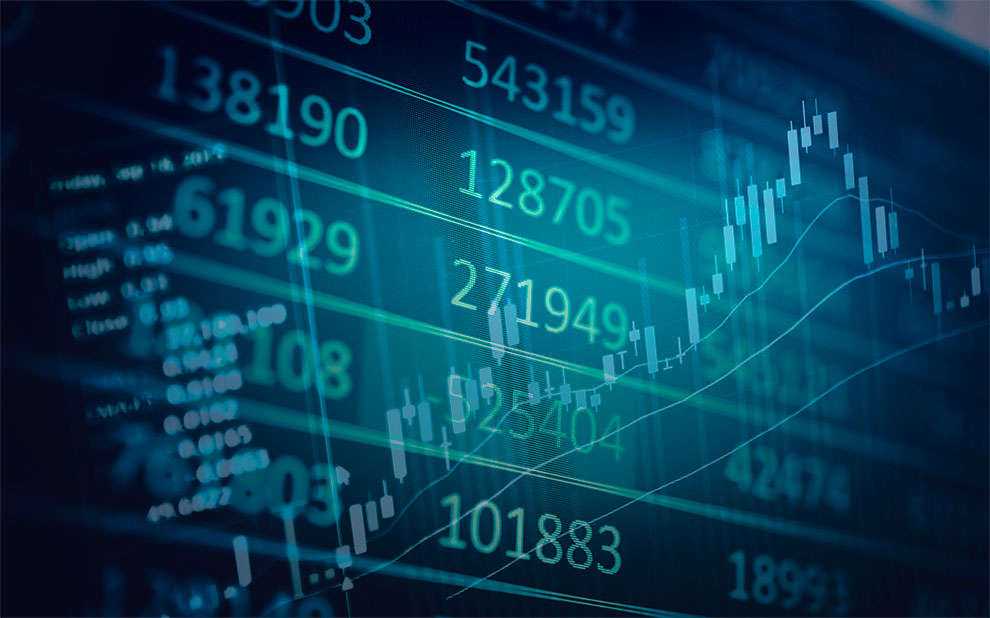RIO DE JANEIRO, BRAZIL – President Jair Bolsonaro signed a decree establishing the essential public and private services that must be provided during the state of public calamity activated as a means to fight the advance of the novel coronavirus in the country. Brazil currently counts 1,128 Covid-19 cases and 18 deaths, according to Saturday’s updated report.
Among the services listed as essential, the text mentions the capital and insurance markets, forcing companies in this field to remain in operation. The capital market is comprised of all tools that enable the distribution of securities, including stock exchanges (the B3, in the case of Brazil), brokerage firms and authorized financial institutions.

“Public services and essential activities are those required to meet the pressing needs of the community, thus deemed those that, if not met, jeopardize the survival, health or safety of the population,” says the text, and lists the following items:
I – health care, including medical and hospital services;
II – social assistance and services to the population in a vulnerable situation;
III – public and private security activities, including surveillance, detention and custody of prisoners;
IV – national defense and civil defense activities;
V – intermunicipal, interstate and international transport of passengers and the transport of passengers by taxi or App;
VI – telecommunications and internet;
VII – call center services;
VIII – water collection, treatment and distribution;
IX – sewage and garbage collection and treatment;
X – generation, transmission and distribution of electric power and gas;
XI – public lighting;
XII – production, distribution, marketing and delivery of health, hygiene, food and beverage products, either in person or through e-commerce;
XIII – funeral services;
XIV – storage, use and control of radioactive substances, equipment and nuclear materials;
XV – sanitary and phytosanitary monitoring and certifications;
XVI – prevention, control and eradication of plant pests and animal diseases;
XVII – inspection of food, products and by-products of animal and plant origin;
XVIII – international agricultural and livestock monitoring;
XIX – air, water or land traffic control;
XX – banking clearing houses, credit and debit card networks, ATMs and other services provided by financial institutions which are not in person;
XXI – postal services;
XXII – transportation and delivery of cargo in general;
XXIII – services related to information technology and data processing (data center) to support other activities provided for in this Decree;
XXIV – tax and customs inspection;
XXV – cash transportation;
XXVI – environmental inspection;
XXVII – production, distribution and commercialization of fuels and derivatives;
XXVIII – monitoring of constructions and dams that may cause safety risks;
XXIX – survey and analysis of geological data with a view to ensuring collective safety, notably by warning of natural risks and floods;
XXX – capital and insurance market;
XXXI – care of animals in captivity;

